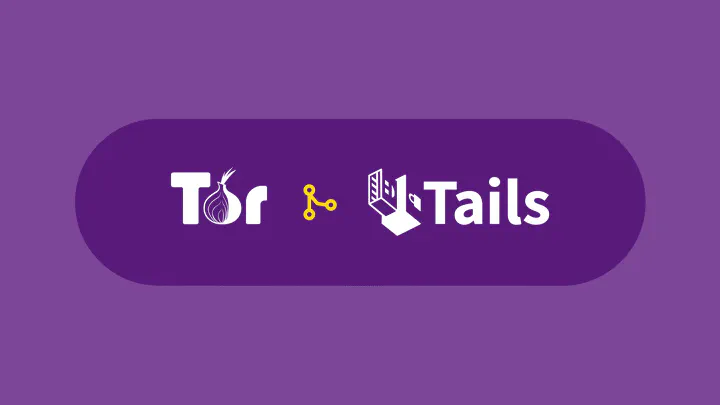O Sistema Incógnito Amnésico e o Projeto Tor: Anonimato em tempos de vigilância em massa
 [Tor Project, 2024]
[Tor Project, 2024]1. Introduction
The digital age has brought about advancements but also significant challenges, particularly concerning online privacy and security. Surveillance by governments and corporations has reached unprecedented levels, threatening not only individual privacy but also fundamental rights such as freedom of expression and access to information. In this context, tools that provide robust anonymity and privacy are vital.
This article focuses on the synergy between Tails (The Amnesic Incognito Live System), a Linux-based operating system specifically designed to preserve privacy, and the Tor Project, the non-profit organization that develops the widely-used Tor anonymity network. Both tools share a mission of enabling secure, anonymous communication in an era of mass surveillance and censorship.
1.1. Objectives
The objective of this paper is to analyze Tails and Tor—strengths, limitations, and security flaws—as well as how their integration can drive a new fight for freedom and democracy.
1.2. The Right of Anonymity
The right to privacy is essential for various reasons, not only for individuals but also for private companies and government entities, all of which rely on different levels of confidentiality.
- Journalists must protect their sources.
- Private companies need to safeguard their technological innovations to prevent economic losses.
- Governments often collect sensitive data for national security purposes, which must be protected to avoid catastrophic data breaches.
A prime example of such a breach occurred in Brazil in 2021, during the coronavirus pandemic, when the personal data of 223 million Brazilians was exposed in a massive leak [G1].
The issues of surveillance and espionage have always been present, but they have become more complex with time. For example, an article from O Globo discusses the National Security Agency (NSA) espionage activities targeting Brazilian citizens and companies, a case revealed through classified documents leaked by Edward Snowden. These disclosures highlighted the NSA’s extensive surveillance practices, including monitoring communications of Brazilian officials, corporations like Petrobras, and even then-President Dilma Rousseff.
Another example is Linus Torvalds disclosing that the NSA requested a backdoor in the Linux operating system [Greenwald, 2014].